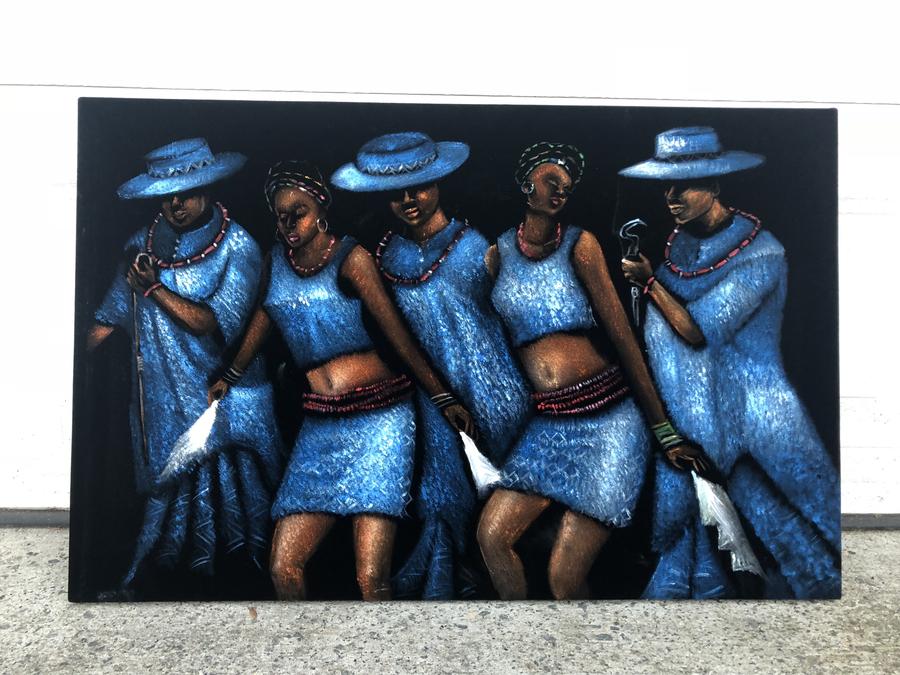Ukwata Dance
Dance is integral to our culture and rooted deeply into our true existence. It serves a complex diversity of social, religious and cultural purposes in Nigerian societies. Our indigenous dance traditions may express or outrightly reflect the communal values, beliefs and social relationships of an independent tribe.
Nigerian cultural dances unify the people of a community and sometimes tell impactful stories of their heritage. These stories usually differ from tribe to tribe, mostly exploring themes of love, war, victory, beauty, honesty and lifestyle. Traditional dances may serve different occasions such as marriage ceremonies, religious worships, festivals and other forms of cultural events. On today’s Saturday Small Chops, we dive into the Ukwata dance of the Abbi people of Delta State, South-South, Nigeria.

The Ukwata dance is one of the major traditional dances of the Abbi people of Delta State. It is performed during the renowned Ukwata Festival. The Ukwata Festival on the other hand is celebrated as a rite of passage from one age group to another, and to honour the forefathers of the land. It is an important annual festival held in February to celebrate the long-preserved peace and unity amongst the Abbi people. The Festival also marks the end of the year’s farming activities of the Abbi people and ushers in a new farming season.
The Ukwata dance day is the most anticipated part of the Ukwata festival. The day usually follow ‘Nkwo Ndi Ebieyi (stranger’s day), a day when strangers and distant members of the community are welcomed back home. The dance is performed with a religious flow that incorporates the performance of rituals to worship the gods. During the event, women resolve to make bonfires in order to wade off evil spirits.
Read Also: Iwa Akwa
Ukwata dance closely celebrates the beauty of water and its offerings. The dancers are usually dressed in beautiful blue and green costumes, imitating all sorts of marine animals such as crocodile, iguana, fish and alligator. The dance patterns they form represent the origin of these aquatic creatures, while also suggesting the dance patterns of mermaids.
This arrangement ensures that each of the three quarters – Umia, Okwele and Elovie take turns respectively to perform the Ukwata dance. During the dance, the main street of Abbi, (Olile) is usually crowded with people who want to watch the performance of dancers and the procession of people singing from one end of the town to the other.
Ukwata traditional dance often sees the return of the Ukwata dancers from the shrine with ‘Ukwata’ (a white eagle seat on some local craft) to entertain the Inotu (Chief) in the three-quarters of Abbi. The dance mostly develops into an interesting dance carnival on the streets of Abbi. During the performance, visitors and well-wishers converge at Abbi town to enjoy the vibrating movements of dancers. It is usually a great sight to behold.
Ever witnessed the Ukwata dance performance? You are welcome to share with us.
